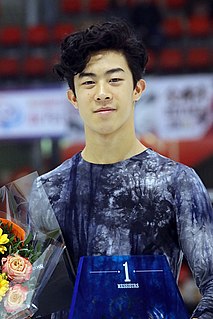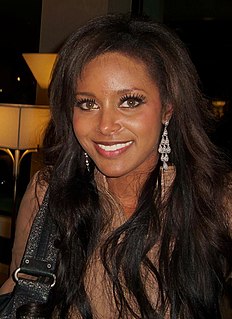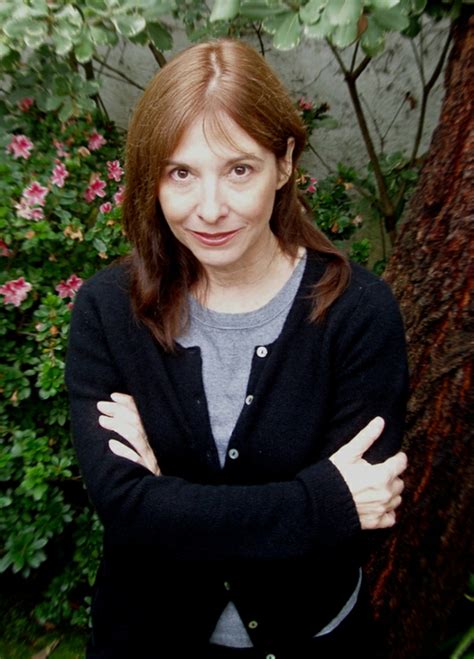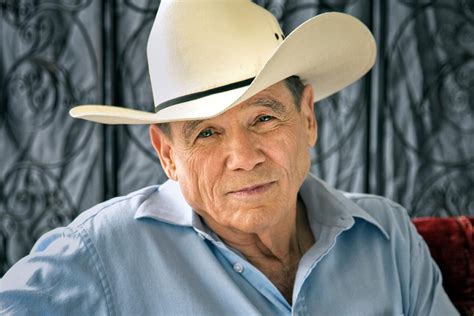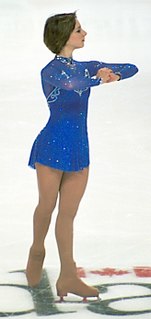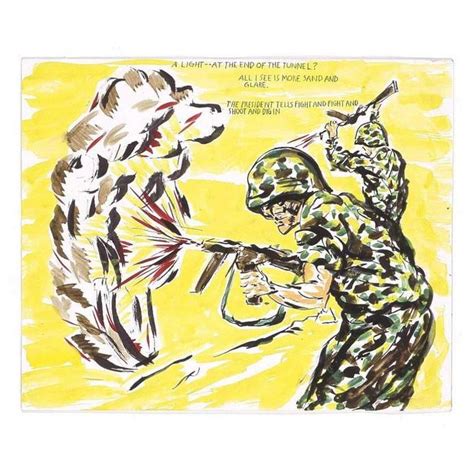A Quote by Jess Walter
Ultimately if you're a journalist, one day you're writing about figure skating, one day a political debate. I loved that about reporting. I like throwing my energies into various corners of the world.
Related Quotes
I think when you're talking about marriage equality and race, people very quickly start to get into their political corners: their ideology comes to the forefront, and they get into this platform argument that they're used to making, which really doesn't have anything to do with the day-to-day basics of what is being talked about.
I loved everything. I loved sciences and I loved humanities. But ultimately, I felt that in the humanities, you know, you're writing about things that already exist. But in the sciences, you're discovering things that no one has known before. Ultimately I chose psychology because it seemed to combine science with things that I liked to think about.
The secret to writing is writing. Lots of people I know talk about writing. They will tell me about the book they are going to write, or are thinking about writing, or may write some day in the future. And I know they will never do it. If someone is serious about writing, then they will sit down every day and put some words down on paper.
My reporting in Africa wouldn't be political per se, but it's certainly the point of my reporting - and of a lot of other reporters I know: Human suffering is bad, and if reporting stories about it brings it to light and someone does something, that's part of the point of journalism. And it's a thin line between that and activism, and you have to be careful about that.
Write all the time. I believe in writing every day, at least a thousand words a day. We have a strange idea about writing: that it can be done, and done well, without a great deal of effort. Dancers practice every day, musicians practice every day, even when they are at the peak of their careers – especially then. Somehow, we don’t take writing as seriously. But writing – writing wonderfully – takes just as much dedication.
writing is like being in love. You never get better at it or learn more about it. The day you think you do is the day you lose it. Robert Frost called his work a lover's quarrel with the world. It's ongoing. It has neither a beginning nor an end. You don't have to worry about learning things. The fire of one's art burns all the impurities from the vessel that contains it.



